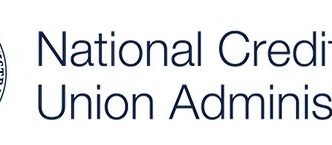Brian Knight, executive vice president/general counsel for the National Association of State Credit Union Supervisors (NASCUS), surveyed the top themes regarding the Bank Secrecy Act/Anti-Money Laundering (BSA/AML) and Office of Foreign Assets Control during the opening session of the 2018 CUNA Bank Secrecy Act Certification Conference, presented with NASCUS on Nov. 6 in Louisville, KY.
Among the topics he addressed:
Enforcement actions. Although NCUA does not often issue enforcement actions, Knight says credit unions’ BSA officers should read enforcement actions even if they relate to international events.
He says U.S. regulators have issued about $1 million in fines thus far in 2018. Enforcement actions increasingly are the result of systemic failures. Regulators also are holding individuals accountable more often, Knight adds.
Human trafficking. “This is probably the most important session will have” at the conference, Knight says. “Sadly, it is prevalent in the U.S.
He advises credit unions to watch for certain red flags regarding human trafficking, and to be familiar with FinCEN guidance on this subject.
Elder abuse. Learn how to spot irregular behavior, transactions, or account activity involving elderly members to prevent them from becoming victims of financial abuse.
Cannabis banking. Medicinal or recreational marijuana use is legal in in 31 states, Knight says. “The issue of banking marijuana is there for everyone in this room. Many peripheral businesses and individuals are now tied to marijuana businesses—everyone from the dispensary’s landlord to employees who travel to states where it is legalized.”
Crypto currency. Twenty-six million Americans own digital currency, and “that number increases every week,” Knight says. “We’re seeing more issues with crypto-currency. You need to understand the world of crypto-currency and the BSA issues that apply.”
De-risking. As marijuana dispensaries and other cash-based businesses hit the market, they present more risk for traditional financial service providers. Some institutions use de-risking—the process of exiting certain business lines—to mitigate their risk.





